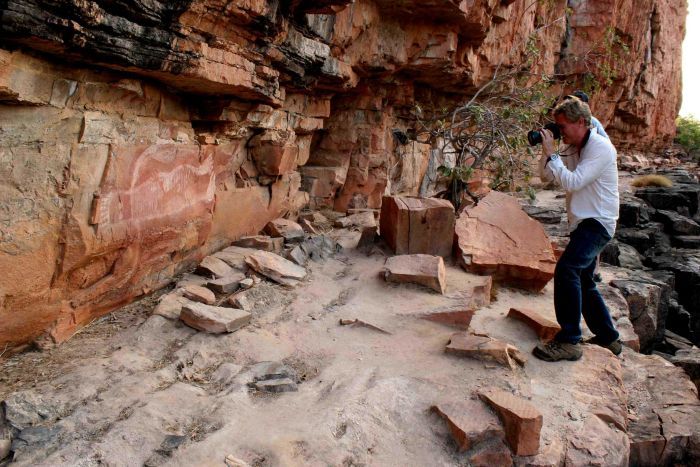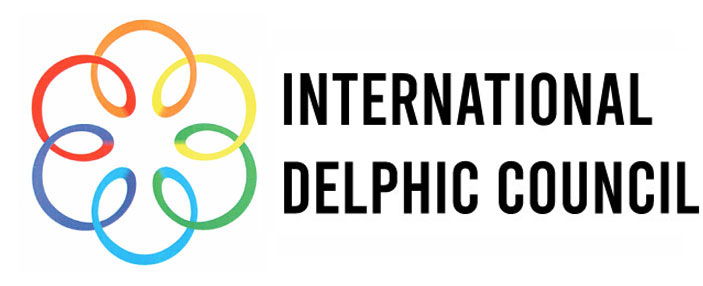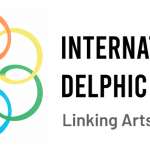Introduction
At the end of the year 2016 the International Delphic Council (IDC) was invited to attend the „2nd European Congress – European Cities and their Heritage“ in Berlin with the request to contribute ideas, suggestions for an input for the EUROPEAN CULTURAL HERITAGE YEAR 2018 and the IDC aims to cooperate in this endeavor by aligning with key statements of the congress:
As congress participants we took the “Declaration” of the congress participants and its final recommendation as compass in order to enrich the “Cultural Heritage” we developed since more than two decades with the worldwide Delphic Games and Youth Delphic Games every four years but also with regional / continental Delphiads, in our case now with the First European Delphiad demonstrating our international civic cultural work, creating the new brand such as the Cultural Heritage Year
The Cultural Heritage Year offers the unique possibility to place this topic right in the political and public focus all over the continent / larger region, to identify good examples and to assess them for their potential to be transferred on opther contexts. ‘Sharing Heritage’ is meant to launch a process of continental / regional cooperation offering possibilities and participation to be successful beyond the normal event industry.
Culture – the hidden Power
● What are the values my continent, my region, my country stands for?
● What values we stand for?
● How we are seen from outside?
● How do we want to look in 5, in 10, in 20 years from now?
● What role we want to play in a globalized world?
● What must be done today to achieve such objectives tomorrow?
● Which new objectives must be defined or found?
● What kind of new concepts would be needed to this end?
● How do we meet its global importance?
● What can and must be contributed by the arts, by culture and education?

Searching for Answers
● How do we reach out to the civil society and raise awareness for cultural assets and that of our neighbors?
● How do we broaden the active knowledge about historical connections within our world?
● How do we keep the cultural diversity alive and make it known to the public in an entertaining way?
● What do little children learn in a playful way about their neigbours? How do they continue acquiring knowledge in schools, in apprenticeship and in-service training, in universities?
● How do we achieve expansion and strengthening of arts and music in the educational program of public schools, in apprenticeship and in-service training?
● How can we encourage the media to integrate arts and culture and educational programs into their schedules in an entertaining way and at appropriate broadcasting time?
● How do we finance a top grade cultural program? In sports this is already being done: regional, national und worldwide airing of Formula-1, FIFA, Wimbledon, world championships, Olympic Games, etc.!
Continental & Regional Organizations
Every Community presents itself in a variety of institutions and organizations and irritates people by the multitude of its structures. To name only a few
● European Parliament
● European Council
● European Commission
● Council of Europe
● African Union
● League of Arab States
● ASEAN States
● MERCOSUR
Probably this is one of the reasons why the common traits and achievements of its organizations are not adequately honored by the member states as can be seen in regional, national elections whose campaign issues are first and foremost regional and national topics; meaning organizations topics are almost completely absent.
Achievements are taken as self understood whereas undesired developments – even if caused by member states – are assigned to regional institutions. The results are increasing centrifugal forces within the respective organizations. This refers mainly to economy and finance, the top topics of decision makers. However, what is of utmost importance for the desired united organizations are the common cultural assets and their history needing the chance to unfold their potential in favor of a common continent / region.
In this situation, the initiative was taken the EU Commission preceeded by supporting Resolutions of the EU Council of Ministers, the European Parliament and the European Council – an example how to strengthen the real power of peace and understanding by using arts and cultures.
This joint signal was meant to kick-off the strengthening of Europe and to launch joint action of its public and private potential to become effective beyond the normal scale and to unfold sustainably – to the benefit of our children, grandchildren and future generations.
Scattered events cannot be the answer to the big challenge.
Arts and Culture – Strategic Power for Peace
Throughout centuries the power of countries was defined by its military might and its colonial possessions around the world. The result of this past is visible until today and therefore the engaged “Culture of memory” is highly important to understand this past.
The lessons learned must be the starting point for a peaceful future. Economy and politics have achieved a lot already: today there is no other region in the world where so many countries are engaged in so close cooperation in order to secure lasting freedom and prosperity. But peace and a truly sustainable political and economic development can only be achieved if the participation of the citizens is understood in its growing importance and will be solidly anchored in the work of the countries as an important principle. To this end it needs new communication formats, and the number one option here is culture as a strong strategic force which has been neglected hinterto.
A regional Delphiad is the first step into the vision to give a new impetus to each continent, / region. It will provide the citizens of all countries and regions with the opportunity to present their own cultural achievements and likewise to experience and appreciate the achievements of their neighbors. The regional Delphiade can create a platform for the people to get to know each other and to overcome foreignness.
The continental / regional Cultural Heritage Year provides a context in which the regional Delphiad can become a strong instrument to sustainably stage the arts, culture and education as media events.
Events and broadcasting formats with huge audience appeal will not only present arts and culture to people in an impressive way and in an unprecedented amount but will uncover also financial opportunities as we have known in the field of sports for decades.
For further information please get in touch with the IDC Head Office

